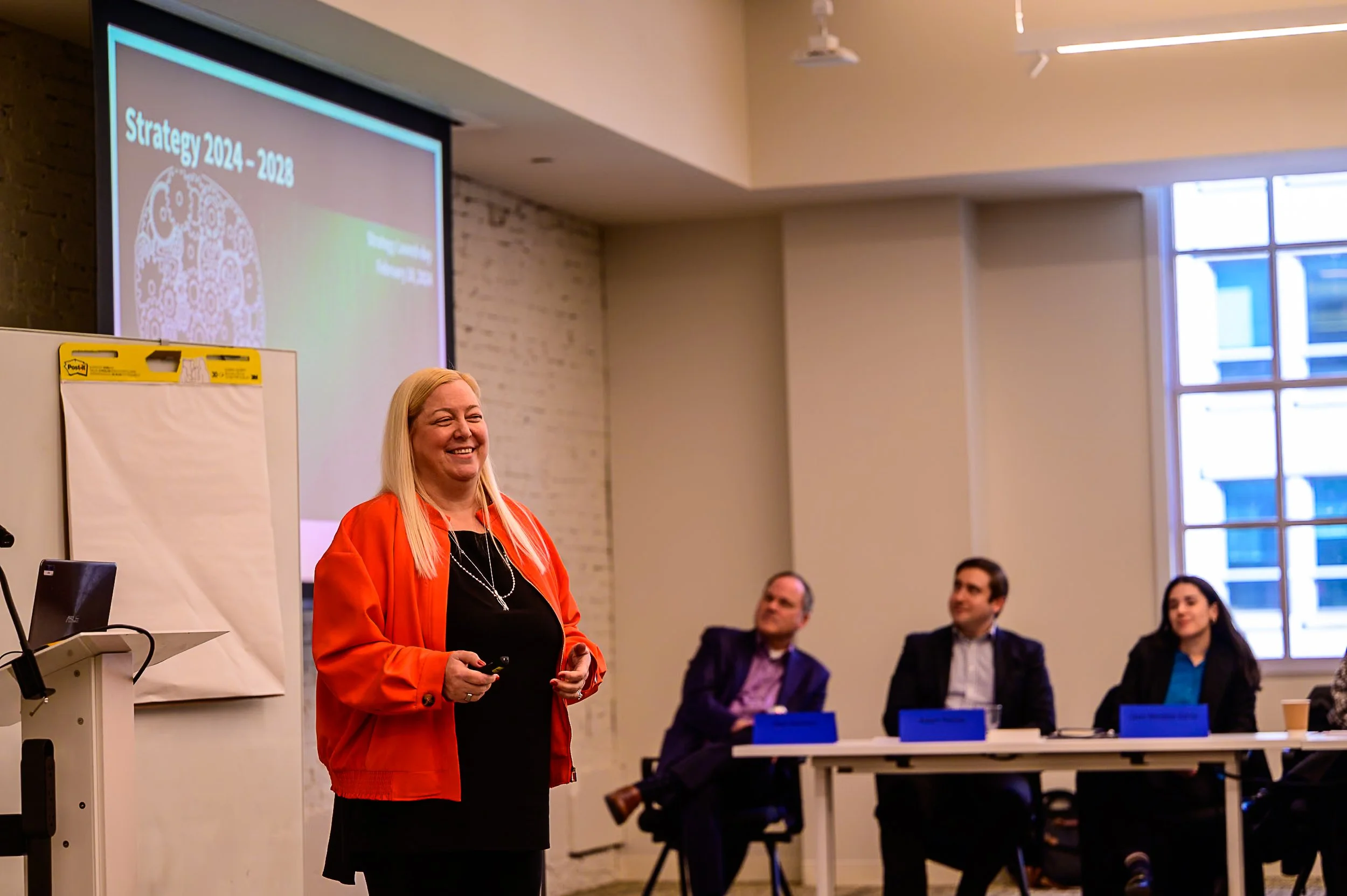
Applying Artificial Intelligence in the Government
In recent years, government agencies have been transitioning to artificial intelligence (AI) for more efficient, accurate, and cost-friendly results. This trend will continue as technology improves and becomes more accessible and cost effective. Technology using AI, including tools that exploit data, is integral to solutions that improve agency operations and processes and data-driven decision-making.
Government agencies are now searching for expertise not only in AI technology itself, but notably in integrating that technology into processes to make them more efficient and much faster. This expertise can help the Government in making sure they are solving the right problem and validating that AI is actually a good fit before they invest significantly in a new solution.
As data becomes cheaper to store, the volume of data is growing exponentially. AI is a great fit for organizations that want to make this data useful – at the transactional level, more frequently a fit for Robotic Process Automation and at the strategic level, identifying a needle in a haystack, like identifying illicit activity from video or processing complex documents.
Using AI automated analytics and ML algorithms efficiently facilitates automating mundane tasks and providing analytics to support more complex decisions in key areas such as human resources, budgeting, communications, capital allocation, and strategy. These steps will allow agencies to produce insights in less time and at a lower cost to improve their operations, activities, and initiatives.
To implement AI, Government leaders need to identify the strategic and transactional uses of AI that could dramatically enhance mission results or efficiency. Expertise in their mission goals, data, organizational processes, and AI applications is essential to success.
Implementing AI within government agencies involves the design, construction, implementation, and evaluation of cognitive computing and machine learning, leading to improvements in operations, management, and the decision-making of leadership. Advances in AI will encourage require knowledge and skills skills in statistics, data analytics, and advanced computer software from consulting firms to help optimize their capabilities, improve internal processes, and deliver better citizen experiences.





















